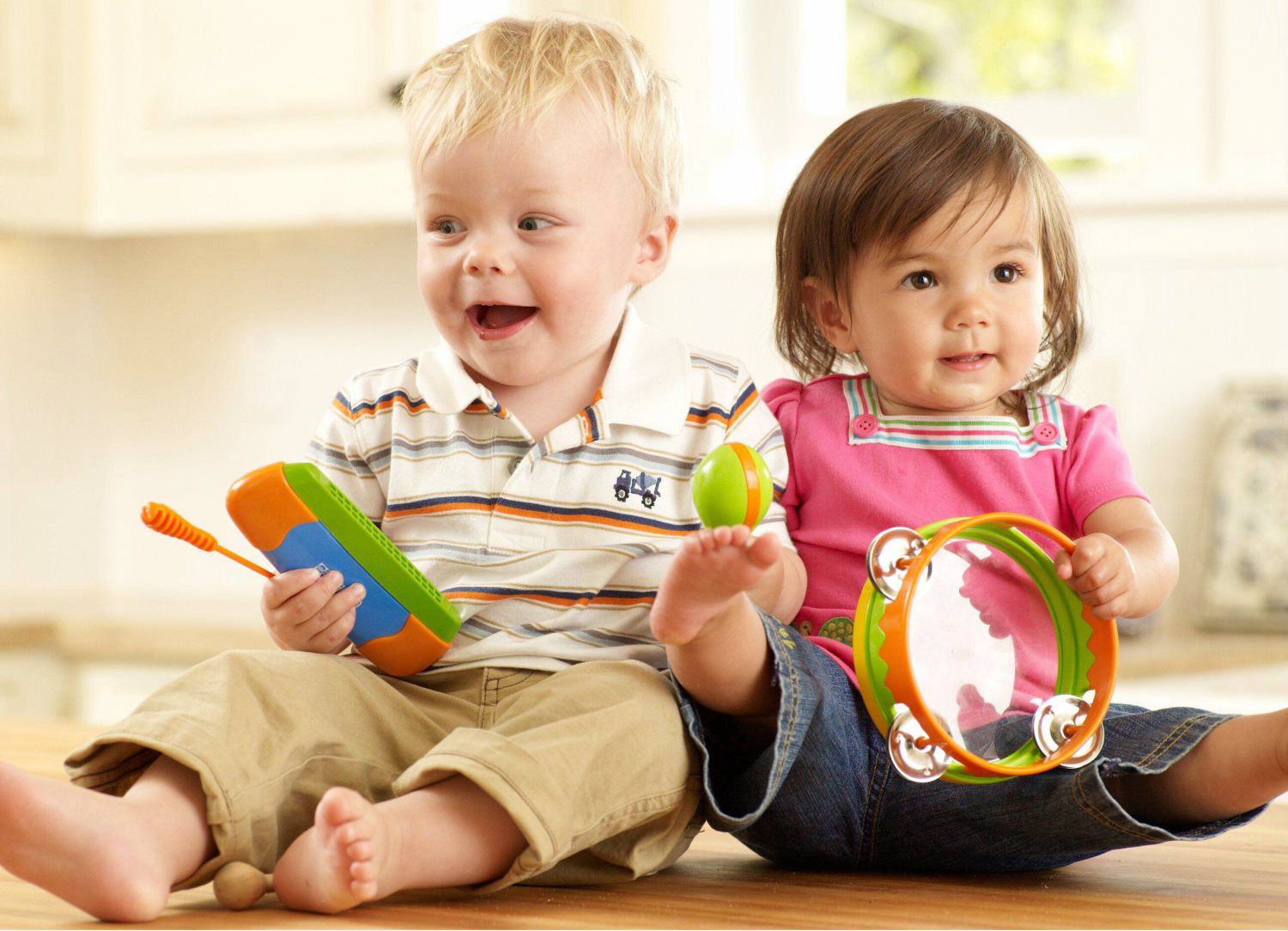Montessori
Dr. Maria Montessori born in 1870, was the first woman in Italy to receive a medical degree. She worked in the fields of psychiatry, education and anthropology. She believed that each child is born with a unique potential to be revealed, rather than as a "blank slate" waiting to be written upon. In 1907 she began work with a group of sixty young children of working parents in the San Lorenzo (slums) district of Rome. It was there that she founded the first Casa dei Bambini, or "Children's House." What ultimately became the Montessori method of education developed there, based upon Montessori's scientific observations of these children's almost effortless ability to absorb knowledge from their surroundings, as well as their tireless interest in manipulating materials. Every piece of equipment, every exercise, every method Montessori developed was based on what she observed children to do "naturally," by themselves, unassisted by adults.
With a Doctor of Medicine degree from the University of Rome, in her initial days of career, she was the co-director of an institute that trained teachers for special children. By that time she started feeling the need of a ‘rational’, ‘human’ and ‘scientific’ approach of education even for the normal children, especially in their early ages. She criticized the then traditional method of cramming information inside a child’s brain. She was one of the proponents of ‘Pre-school’ concept and revolutionized primary education. Apart from the accredited Montessori institutes, many schools and education boards around the world follow the Montessori approach.
The ‘Montessori’ method focuses on ‘Human Development’ through interactive learning. Instead of forcing a child into lessons and homework, this approach lets the child explore the world on his/her own, feel amused and feel self-confident. Here the idea is to create a ‘Prepared Environment’ for a specific age-group where the children go under a series of free activities, carefully observed and guided. Through these activities the ‘guides’ help the children learn things and apply their learnings to solve problems and build perceptions of their own. Children are nurtured in a way that their curiosity about the world increases, they crave to learn more and their ‘unique’ qualities are honed. At the same time, the Montessori approach works on refining a child’s behavior so that they can find themselves attuned with their immediate environment.
Making a child adaptive, enthusiastic, disciplined, self-reliant and healthy, both mentally and physically, is the philosophy behind this approach. In Montessori way of education, there are no ‘teachers’, instead there are ‘educators’ or ‘guides’. ‘Teaching’ does not ensure that the child has actually absorbed the knowledge for future recall and application but ‘Education’ does.

